It’s a well-known fact that hydration is vital for everyone and critical for optimal body functioning. However, adequate fluid intake becomes even more important for individuals with diabetes. There is a strong connection between diabetes and dehydration. Understanding this connection is the first step towards managing symptoms and identifying early warning signs.
Understanding Diabetes and Hydration
It isn't just a random coincidence that one of the early signs of diabetes is thirst and dry mouth, which are also signs of dehydration. Scientific studies have established that individuals with diabetes are more likely to become dehydrated. This is because of how the body responds to high blood sugar levels. Since the body cannot produce or use insulin to absorb sugar and convert it into energy in individuals with diabetes, sugar builds up in the bloodstream. Due to this, the kidneys work overtime to filter out the excess glucose through urination. This increase in urination can then lead to dehydration.
Dehydration can lead to many complications, including fatigue, headaches, and dizziness. Dehydration can also, in turn, spike blood sugar levels, which can increase the risk of heart disease, nerve damage, stroke, kidney and eye problems, among other health issues.
How can blood sugar levels be regulated through hydration?
While several lifestyle changes can help manage blood sugar levels, proper hydration is one of the most crucial ones.
- Keep track of water intake - Staying hydrated is crucial to keeping your blood sugar levels within the normal range. Drinking sufficient quantities of water at regular intervals reduces the sugar concentration in your body, thereby keeping your blood sugar in check.
- Avoid drinks with sugar and caffeine - Plain water is naturally the best choice for individuals with diabetes. You can make water more interesting by adding flavor in the form of herbs, cucumber slices, strawberries, and lemons. Coconut water is also a good choice as it is also a source of fiber and electrolytes. Caffeine can have a dehydrating effect, so it’s important for diabetics to pay attention to their caffeine intake along with sugars.
- Consume foods with high water content - Choose foods with a low glycemic index that are high in water content, such as cucumber, zucchini, watermelon, pineapple, and lettuce.
- Hydration while exercising - Individuals with diabetes are at higher risk of dehydration, especially during physical activity or exercise. Ensure that your environment is cool enough and that you consume sufficient liquids to compensate for fluids lost by sweating.
Recognizing signs of dehydration in people with diabetes
Since individuals with diabetes have an increased risk of dehydration, it is essential to be vigilant for signs that your body is low on water and fluids.
Initial signs of dehydration
- Thirst and dry mouth
- Headache
- Dizziness
- Tiredness
- Dark yellow colored urine
Signs of severe dehydration
- Rapid heartbeat and/or weak pulse
- Low BP
- Confusion or disorientation
- Lethargy
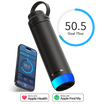
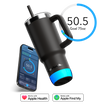
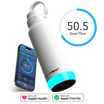

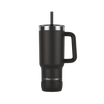

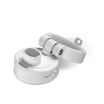

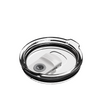
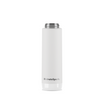
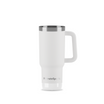
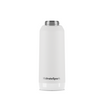




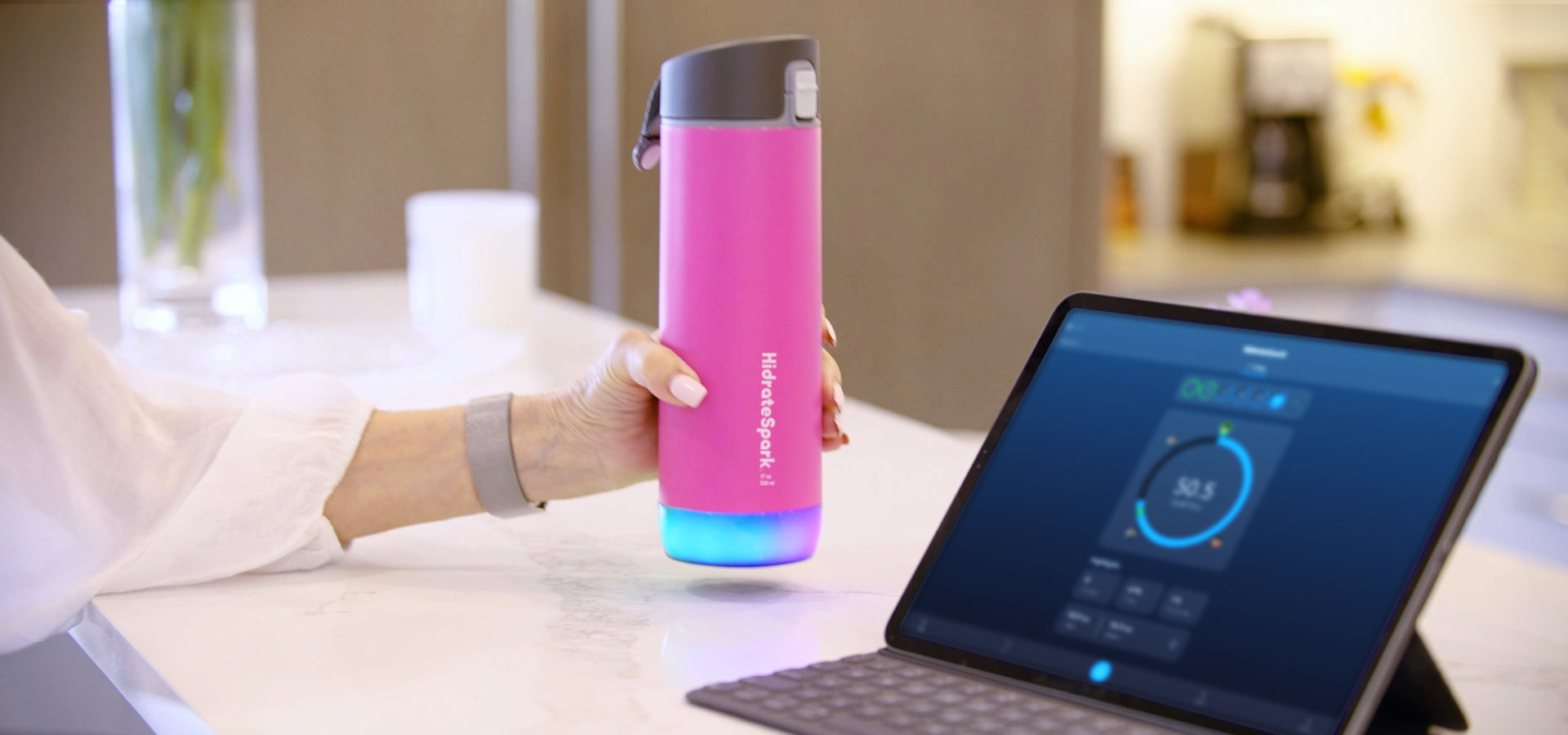
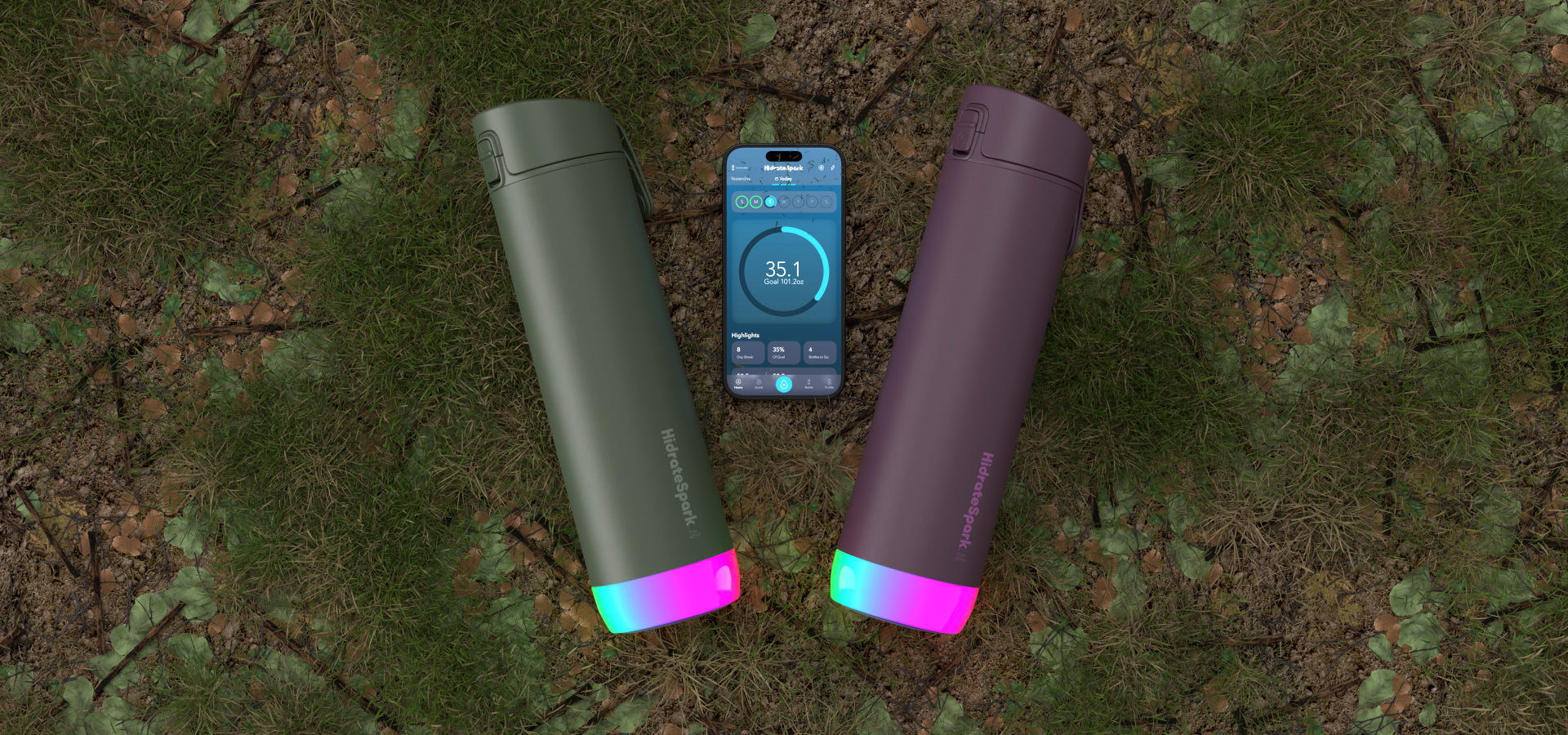
Leave a comment
This site is protected by hCaptcha and the hCaptcha Privacy Policy and Terms of Service apply.